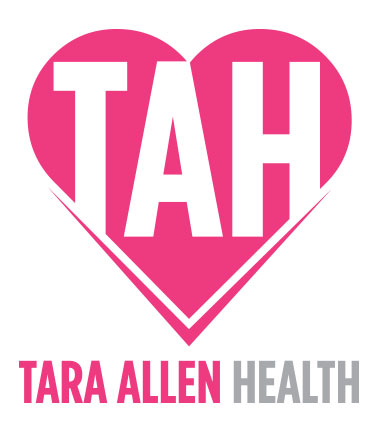I want to start the year with something inspirational, so we’re jumping straight into mitochondria because these tiny cell parts have the power to change your life or bring you to your knees. You decide.
And I mean that with love.
Let me tell you about a few clients I worked with this past year.
Client #1: A woman whose LDL and ApoB kept creeping up for no reason. She changed her diet. She worked out. She prayed. She did the thing where you stare at your lab results as if squinting changes numbers. Nothing. We addressed her mitochondrial function. Boom. She wasn’t “eating wrong.” Her LDL receptors were basically sitting around waiting for the energy to do their job. Once we supported her mitochondria, her labs shifted into the green zone and her cardiologist got off her back.
Client #2: A woman in perimenopause who thought she was losing her mind. Hot flashes. Irritability ... but more like ... RAGE. Two solid hours of sleep per night before waking. Mood swings galore. Everyone told her “welcome to midlife.” But when we worked together, we focused on mitochondria… and things improved gradually, but steadily.
Client #3: A woman gaining fat in places she swore didn’t exist last year. Her workouts were strong. Her meals were consistent. She was very disciplined. But she lost mitochondrial density + function as everyone does when it's not addressed. The machinery that burns fat was basically sending out of office emails.
We rebooted the system. Her body composition finally responded. First she noticed more energy (a perfect first sign of mitochondria coming online). Then her waist measurements started reflecting the progress.
Client #4: Joint pain all over. She assumed it was aging. Docs told her it was arthritis from "use + aging). I wondered if it was inflammation driven by mitochondrial distress and metabolic dysfunction. We worked on it. And worked on it some more. She's now able to tolerate all exercise except lunges, so we program around it and she enjoys her new pain-free routine.
Some women's blood pressure rises even though her lifestyle is "pristine".
Some women go gray faster than expected.
Some have the brain fog so thick they forget why they walked into the room.
Different symptoms. Same root. Once you learn to see the pattern, you can’t unsee it.
That’s why TRANSFORM works the way it does.
It’s not just macros and workouts. It’s not “drink water and walk” repackaged with better fonts.
It’s not “try harder this week and hope your nervous system cooperates.”
TRANSFORM is effective because we target mitochondrial function from every angle:
Your fuel.
Your food timing.
Your muscle.
Your nervous system.
Your sleep.
Your inflammation.
Your recovery.
Your circadian rhythm.
Your micronutrients.
Your stress signals.
We’re supporting the part of your body that decides whether your metabolism should burn fat for fuel and get lots of usable energy for your cells ... or use different pathways, not use up the excess fat, and not allow your cells to do their jobs properly due to an energy crisis
When women understand this… they stop thinking they’re the problem and realize their machinery was the problem. And machinery can be upgraded.
2026 is the year we do metabolism differently. We do health differently. We do us differently.
You don’t have to memorize biochemistry but you do have to stop assuming your symptoms are random and that you need different protocols for your different symptoms or goals.
Your health + body composition is a group project, and mitochondria are typically the bottleneck.
Stay wild + well,
Tara
P.S. Doors to TRANSFORM open this Friday, the 9th. Your mitochondria would like you to know they have big plans this year. The waitlist gets first access.
P.P.S. Yes, you can take it again. Many people do. Each round is different and there are new takeaways and deeper levels of implementation + momentum to be had. Returning TRANSFORMERS get 50% off. Just hit "reply" for your special link and code.
